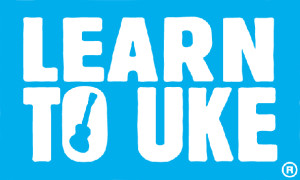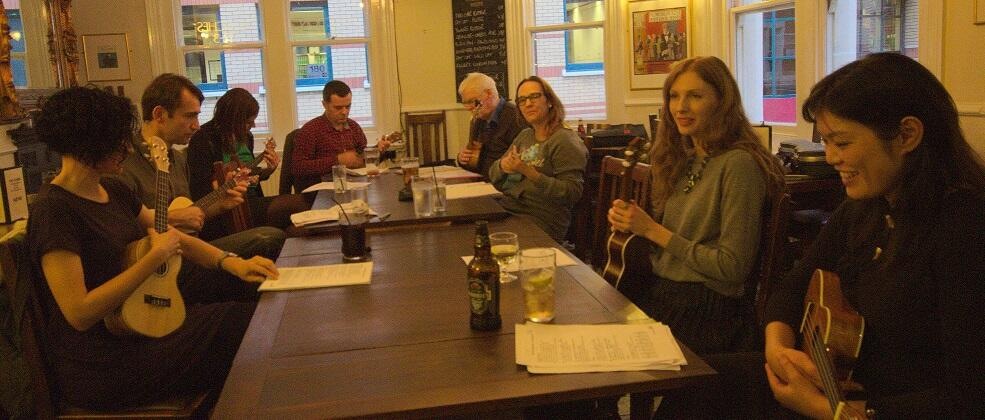Evening Classes Can Improve Physical And Mental Health, Study Shows
Attending evening classes can improve a person’s physical and mental health, new research suggests.
Scientists from the University of Oxford followed 135 adults who embarked on seven-month creative courses, including singing, crafts and creative writing.
They found that classes left people feeling more confident and satisfied with their lives while also motivating them to be more active, even if the sessions themselves didn’t involve physical activity.
Commenting on the findings, lead researcher Dr Eiluned Pearce said: “The students reported benefits including increased self-confidence, a greater feeling of control over their lives and more willingness to take on new challenges.
“Some said the classes made them more motivated to be more active, despite the classes not specifically involving physical activity.
“Participants also said that the classes broadened their networks of friends and gave them an increased sense of belonging. We also found that the more someone felt part of their group, the more their health and wellbeing improved.”
After looking into the way the classes helped participants form friendships, the researchers concluded that sessions involving signing or writing were the best social “ice-breakers”.
They asked each of the 135 participants to name other people they could remember from their class, and say how they felt connected with them.
“The results showed that those in the singing and creative writing groups built up relationships with other individuals more quickly than the crafters,” said Dr Pearce.
“And singers felt more connected to the class as a whole more quickly than both the other groups.
“While this confirms our earlier finding that singing has an ‘ice-breaker effect’ compared to other activities, it shows that other activities may enable people to increase their social networks just as much, even if it takes them longer to feel connected to their group as a whole.”
Howard Croft, manager at the Worker’s Educational Association (WEA), which worked on the study with The University of Oxford, said: “The findings reiterate the feedback that we have had from our students over the years: learning is a fantastic way to boost your self-esteem and confidence.
“For many students, creative courses are a means of finding a new outlet for expressing their feelings. This can be of immense help during times of personal difficulty or emotional upheaval, such as divorce or bereavement. Simply going to a course can offer much-needed respite.
“For others, learning can be an opportunity to reignite a former passion. This could be anything from a subject which you enjoyed at school to an area which you are interested in.
“Whatever your reason, there are so many benefits to be gained by signing up to a course.”
This article was written by Rachel Moss for Huffington Post here.

